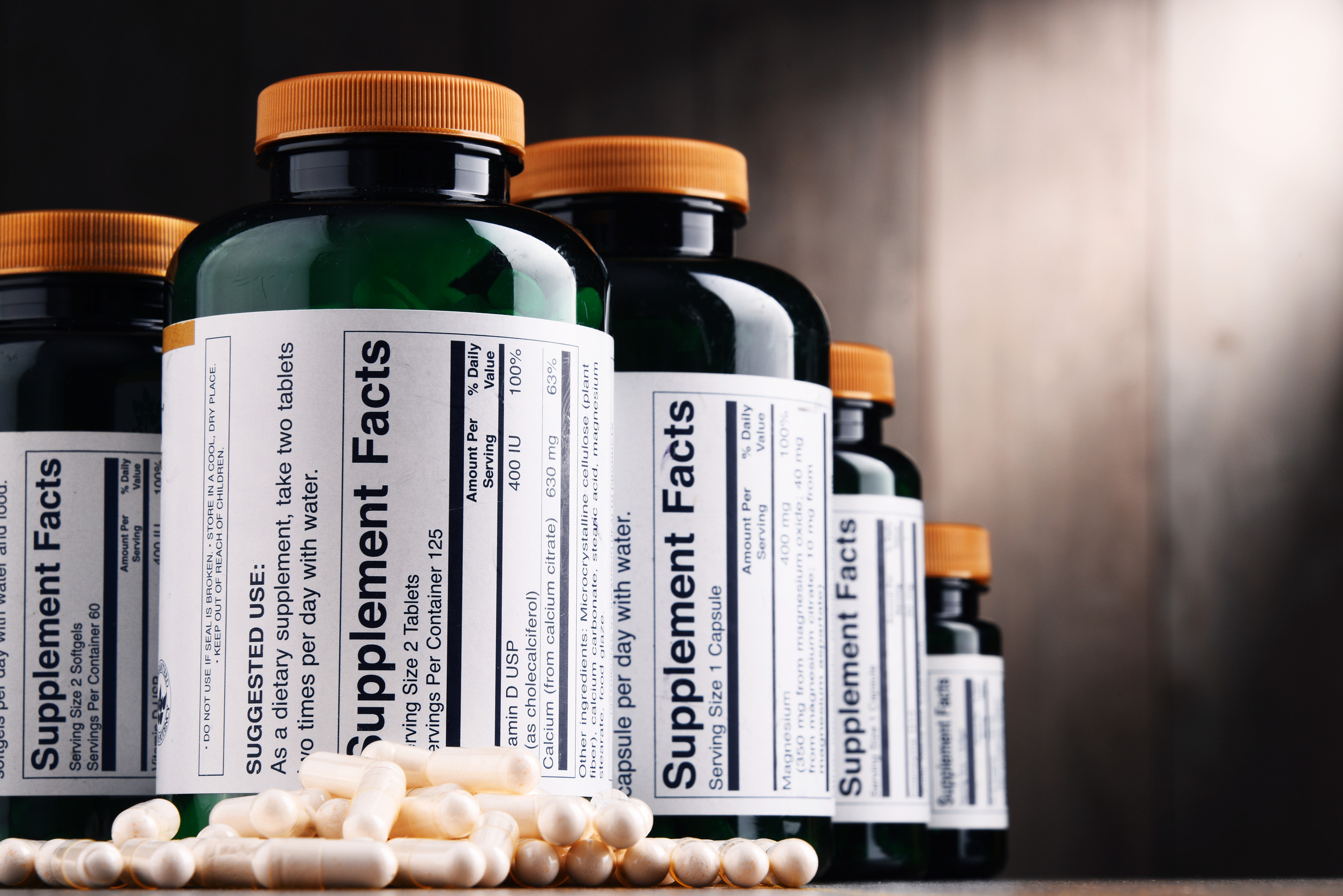
Every day, consumers put their trust in health and wellness brands to deliver safe, effective products. These companies often market themselves as champions of well-being, promoting clean ingredients, science-backed formulas, and promises of better living. But not every brand behind the shiny packaging and polished advertising lives up to that trust. In fact, some of the most recognizable names in health have been pulled into legal battles for misleading claims, faulty products, or deceptive marketing.
These class action lawsuits don’t just raise eyebrows—they expose serious cracks in brands once believed to be reliable pillars of health.
1. Emergen-C: Immunity Claims Under Fire
Emergen-C built its brand on fizzy vitamin C packets promising to supercharge immune systems. But in 2012, a class action lawsuit challenged the validity of those claims, arguing that there was no concrete scientific evidence to support them. Consumers were misled into believing the supplement could prevent or reduce the duration of colds. The company behind Emergen-C, Alacer Corp., eventually agreed to settle the lawsuit for $6.45 million. While the product remains on shelves, the case highlighted how vague health promises can mislead even well-intentioned buyers.
2. GNC: Supplements With a Side of Controversy
GNC has long been a go-to for fitness enthusiasts and supplement users seeking performance boosters and nutritional support. But in 2015, the company was hit with a lawsuit claiming it sold supplements laced with unapproved synthetic drugs. The allegations included violations of federal and state laws due to the presence of ingredients not declared safe by the FDA. Although GNC denied any wrongdoing, it agreed to pay $2.25 million to settle the matter. This case shook the supplement world, raising concerns about what’s really inside those little capsules.
3. Nature’s Bounty: “Natural” Isn’t Always Natural
Nature’s Bounty markets itself as a trustworthy source of vitamins and health supplements with a “natural” edge. In 2021, the company was sued over its labeling of biotin products as “safe and effective” for hair and nail growth. Plaintiffs claimed these representations were not backed by credible scientific evidence and misled consumers. The brand eventually settled, avoiding a prolonged court fight but casting doubt on how supplement companies define effectiveness. The case sparked wider debates about the health claims that supplement makers can legally make.
4. Bayer: Trouble Over Flintstones and One A Day
Bayer, a pharmaceutical titan, found itself in hot water over claims related to its One A Day and Flintstones vitamins. A 2015 class action lawsuit accused the company of falsely advertising its multivitamins as supporting heart health, immunity, and energy without scientific basis. Plaintiffs argued these assertions were designed to boost sales rather than reflect proven health benefits. Bayer denied any wrongdoing but agreed to change some of its marketing practices. The incident raised larger questions about the line between marketing and medical advice in consumer health products.

5. Align Probiotic: Digestive Health Claims Questioned
Align, a probiotic supplement owned by Procter & Gamble, has positioned itself as a clinically proven solution for digestive health. But in 2010, a class action lawsuit challenged that positioning, alleging there wasn’t enough science to back the claims made in ads and packaging. The lawsuit targeted statements suggesting Align could treat or prevent various gastrointestinal issues. Procter & Gamble eventually agreed to a multi-million-dollar settlement and revised its advertising. The case drew attention to the broader issue of unproven health claims in the booming probiotic market.
6. Toms of Maine: Natural Image, Not-So-Natural Ingredients
Tom’s of Maine built its loyal following on a commitment to natural personal care products like toothpaste and deodorant. However, in 2015, the company faced a lawsuit for allegedly misleading consumers about just how “natural” its products were. Plaintiffs claimed several products contained synthetic ingredients, directly contradicting the brand’s marketing. The company settled for $4.5 million but maintained that its labeling was accurate and transparent. The lawsuit served as a wake-up call about how “natural” branding can be used in ways that stretch the truth.
Question the Label, Not Just the Brand
These lawsuits serve as reminders that even the most recognized health brands can be guilty of cutting corners or stretching the truth. Just because a company is big, familiar, or claims to care about wellness doesn’t mean it’s always operating with full transparency. For consumers, these cases reinforce the importance of reading labels, checking scientific backing, and remaining skeptical of broad or vague health promises. Trust in health products should be earned through evidence, not marketing.
Have you ever questioned the claims on your supplements or personal care products? Share your thoughts or experiences in the comments below.
Read More
10 Financial Products That Were Rebranded After Lawsuits
10 Legal Loopholes That Corporations Use to Block Customer Lawsuits
The post 6 “Trusted” Health Brands That Were Hit With Class Action Lawsuits appeared first on Everybody Loves Your Money.







